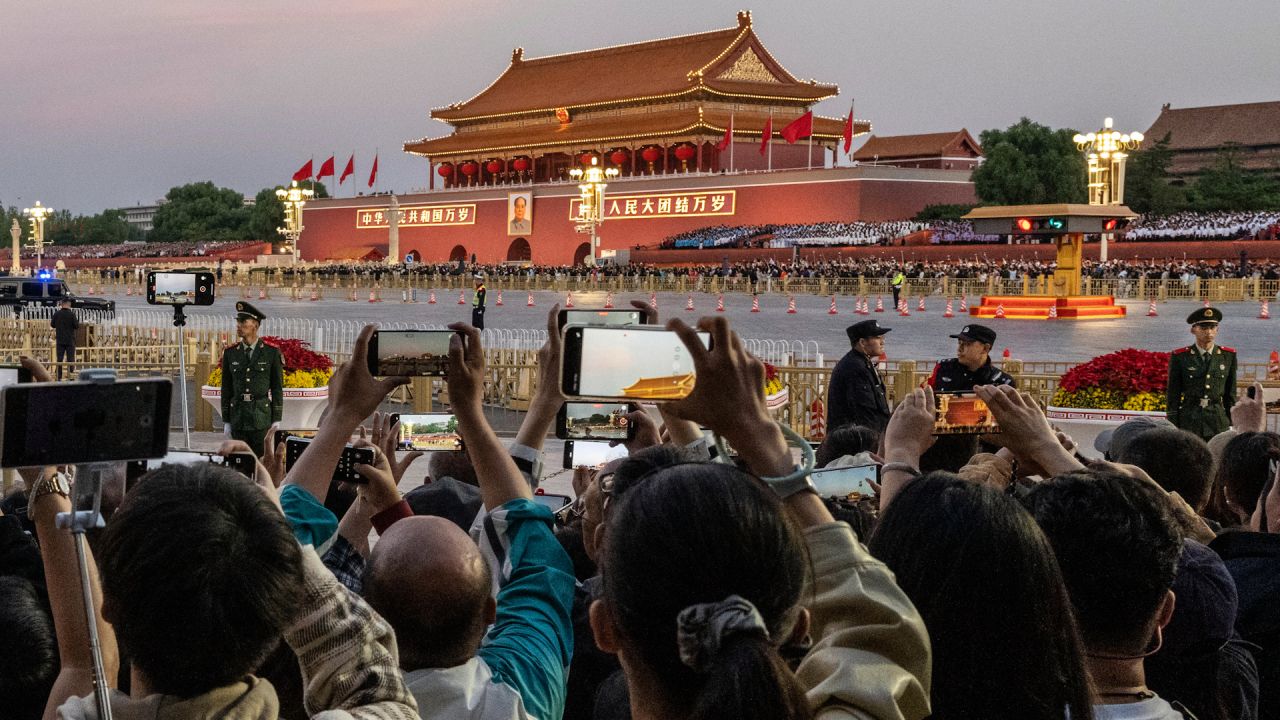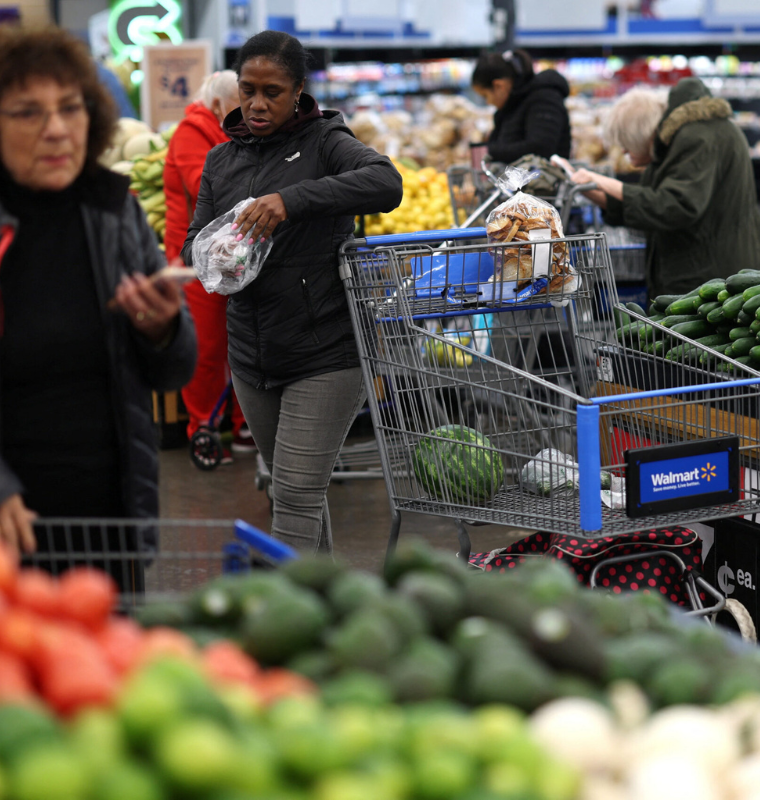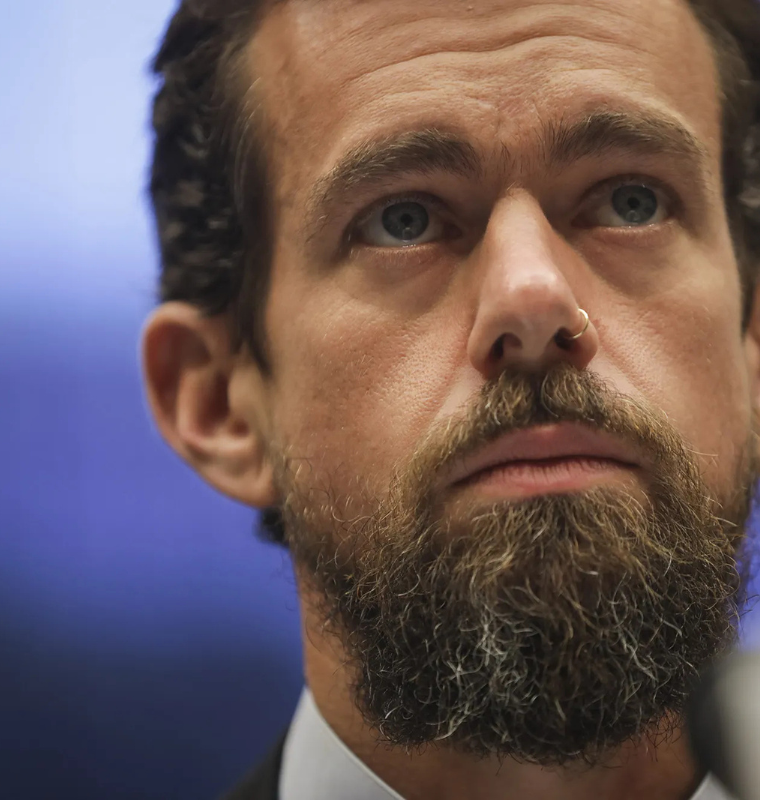China’s Golden Week Travel Surge Conceals Fierce Price Wars in Tourism Industry
China’s Golden Week Travel Surge Conceals Fierce Price Wars in Tourism Industry
By
Leah Rosenfeld
Last updated:
October 10, 2025
First Published:
November 30, 2025

Photo: CNN
China’s much-anticipated Golden Week holiday, running from October 1 to 8, brought a surge in domestic travel and a boost to tourism revenues. Yet beneath the headline numbers lies a troubling reality — an industry trapped in cutthroat price wars, weakening profitability even as travel demand roars back.
Record Travel, But Slower Growth
Official data showed that 888 million domestic trips were made during Golden Week, generating 809.01 billion yuan ($113.6 billion) in tourism revenue. While that marks a 1.8% increase in trips and a 7.6% jump in revenue from last year, the pace has slowed sharply compared with the May Day holiday, when growth rates were 6.4% and 8%, respectively.
According to Goldman Sachs, the average spending per traveler during this year’s Golden Week was around 3% lower than in 2019, signaling that while people are traveling again, they are spending less. This reflects what analysts call China’s “involution” — intense competition and diminishing returns across industries.
“The Golden Week was ‘Golden Weak,’” said Mix Shi, founder of PoshPacker Hostels Chengdu Group. Despite all three of his hostels being fully booked, Shi said he had to slash nightly rates by about 60% because neighboring hotels were offering even deeper discounts.
The Battle for Bookings
China’s tourism hotspots turned into battlegrounds for price competition. In Chengdu, where the average hostel bed now costs 80.99 yuan ($11.30), and in Shanghai, where prices dropped to 165.70 yuan ($23.27), operators struggled to maintain margins.
Shi noted that “way too much investment has flooded into the hotel industry,” driving down prices and profitability. “It’s fantastic for travelers who get incredible deals, but it’s brutal for us business owners,” he said.
On Meituan, a leading online booking platform, Chengdu ranked second only to Nanjing in tourism spending during the holiday. HostelWorld also reported that Chengdu’s visitor popularity more than doubled compared to last year, though room rates tumbled.
Extended Holiday, Shorter Profits
This year’s Golden Week lasted one day longer than usual because it coincided with the Mid-Autumn Festival on October 6. While this overlap initially boosted demand, it quickly tapered off after the festival.
In Qingdao, AJ Wang, owner of X Hotel and Observatory Hill House, said he was forced to cut rates by 60% after October 6. “The real Golden Week ends when the family gatherings do,” Wang explained, noting that demand plummeted after the festival.
When factoring in last year’s Mid-Autumn Festival revenue, Golden Week’s comparable growth stood at 7.6%, far below the government’s expectations.
Price Pressure and Changing Travel Behavior
Travelers are becoming increasingly price-sensitive, planning trips spontaneously and chasing the best deals. Trip.com reported that many tourists opted to travel before or after the main holiday to save money, with hotel prices 20% cheaper in late September and mid-holiday airfares 30% cheaper than early-week rates.
Similarly, Alibaba’s Fliggy found that the average travel booking value rose 14.6% from last year, but many travelers were drawn by low-cost options, such as Shanghai-to-Hong Kong flights for under 400 yuan ($56).
The Chinese Ministry of Transport said that an average of 304 million trips per day were made during the holiday, with most travelers choosing to drive. This growing preference for road trips also signals shifting habits among middle-class families seeking affordable domestic escapes.
“Golden Week” for Travelers, “Golden Weak” for Businesses
In Guangzhou, hostel and restaurant owner Sasa Yau said business was booming, yet margins remained thin. His restaurant’s daily revenue jumped from 3,000 yuan to nearly 10,000 yuan, but the average customer spent just 30 yuan per meal. “We broke our sales record, but by the end of the week, all we wanted was sleep, not celebration,” he said.
The fierce competition among hotels, restaurants, and attractions has created a paradox: while travel numbers are high, profitability continues to erode. Experts warn that this hyper-competitive cycle could fuel deflationary pressures in China’s broader economy, already evident in its recent data.
Economic Signals and What Lies Ahead
China’s consumer price index (CPI) fell 0.4% in August from a year earlier, though it rose 0.9% when excluding food and energy. The tourism sub-index increased 0.7% year-on-year, yet prices for the first eight months of 2025 were still 0.3% lower than the same period in 2024.
Economists expect September’s inflation and retail sales data — due later this month — to reveal how sustainable consumer demand truly is. Retail sales grew just 3.4% in August, missing forecasts and reinforcing concerns about weak household spending.
Still, some analysts remain cautiously optimistic. “The Golden Week unleashed enormous travel energy across China — record mobility, strong business activity, and renewed confidence,” said Bruce Pang, adjunct associate professor at CUHK Business School. “However, it may take time before price levels and consumer sentiment fully recover.”
In smaller cities, where living costs are lower and competition less fierce, travel platforms such as Tongcheng reported that hotel bookings more than doubled from a year earlier. These secondary destinations may hold the key to a more balanced and sustainable recovery in China’s tourism market.
Golden Week proved that Chinese consumers are eager to explore again — but it also revealed the economic fragility hidden behind the crowds. For travelers, the deals are golden. For businesses, the profits remain anything but.
Popular articles
Subscribe to unlock premium content
London’s Gourmet Playgrounds

From Bean to Buzz in Thailand

The Secret Life of Pop-Up Luxury Restaurants in Paris

London’s Gourmet Playgrounds

From Bean to Buzz in Thailand

London’s Gourmet Playgrounds









